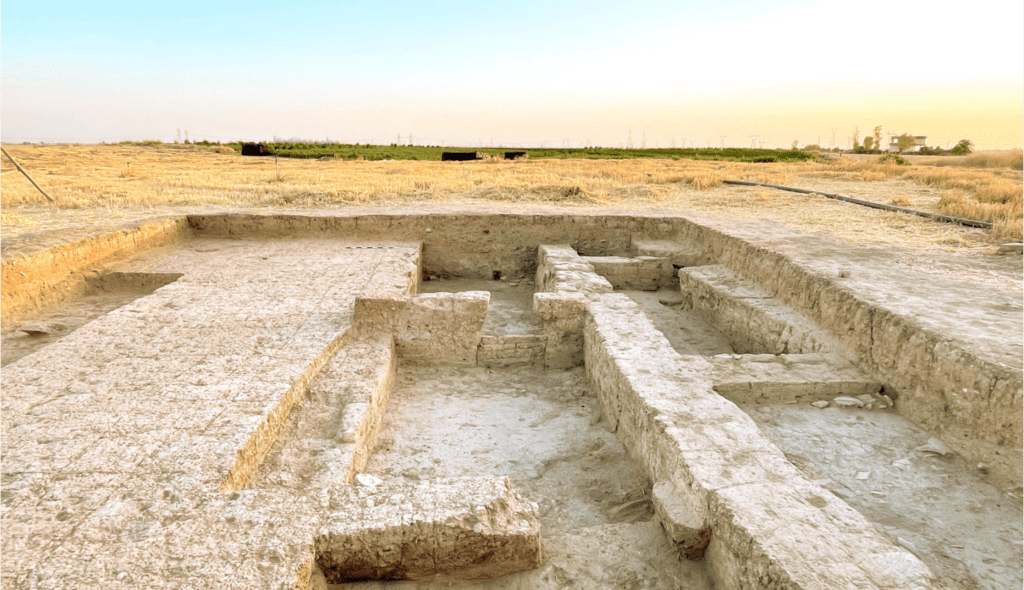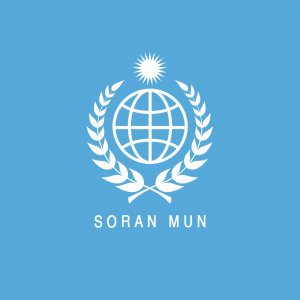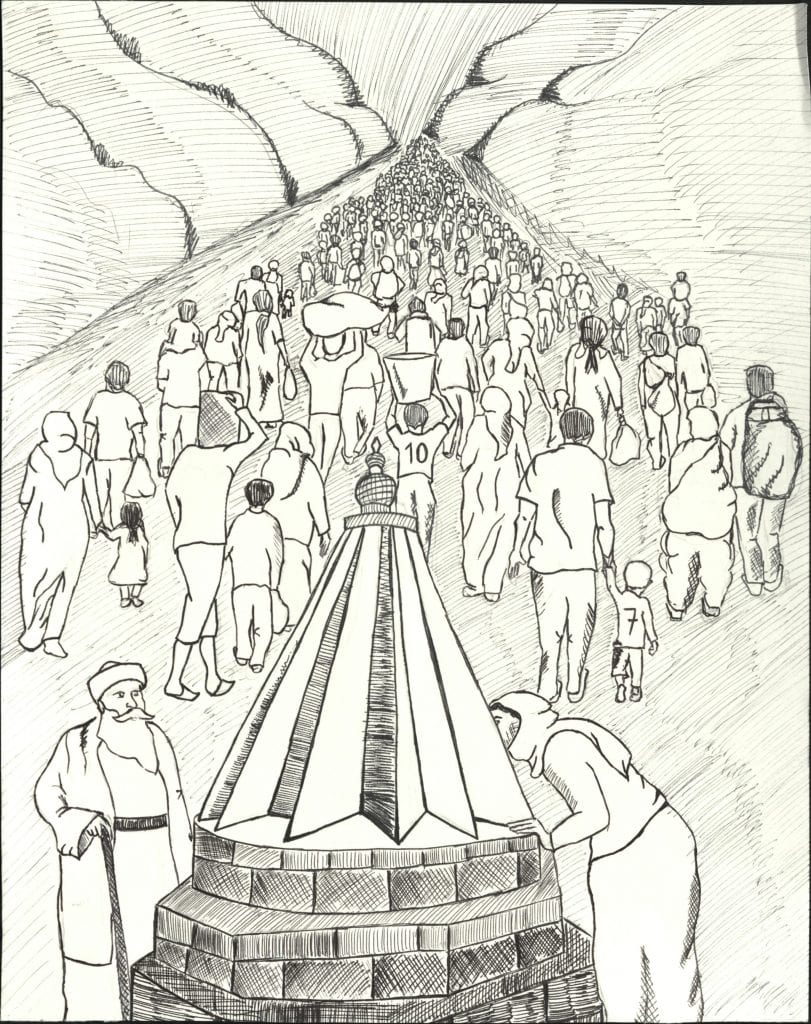DISCOVERY
A MIDDLE BRONZE AGE CITY ON THE ERBIL PLAIN

The Kurd Qaburstan Project explores the archaeology and history of a 4,000-year-old city in northern Mesopotamia. It is the largest site on the Erbil plain and has been identified with ancient Qabra, an influential city-state. Led by Dr. Tiffany Earley-Spadoni at the University of Central Florida and funded by the National Science Foundation, the project uncovers new insights into daily life in the Middle Bronze Age. Innovative scientific and digital approaches are revealing the city’s layout, social organization, and role in the ancient Middle East. We invite you to explore our project’s website to learn more about the latest discoveries.
Strengthening Global Citizenship of Kurdistan-Iraq Youth
Model United Nations 2021
Model United Nations (MUN) are educational conferences which offer its participants an opportunity to experience the parliamentary procedure and decision-making process employed by the United Nations. As simulations of the world’s largest international organization, MUNs offer a friendly way to expose young people around the world to the international community.
The recent cooperation between UCF’s Kurdish Political Studies Program and Soran University in Iraqi Kurdistan aim to introduce this experience to Iraq by organizing the country’s first National Model United Nations. The conference seeks to bring together one hundred participants from across Iraq. For three days the students will assume the role of country delegates, take part in the parliamentary proceedings, and debate issues of international importance while practicing policy research. Read more
After the Last ‘Firman’
Victimhood, Survival and Societal Transformation among the Yezidis
In 2014, the Yezidi- a religious community with historical roots in the Sinjar area of northern Iraq – had repeatedly been targeted by the Islamic State’s (IS) violence against the Yezidis: thousands of Yezidis were executed and large numbers of women and children were taken hostages and subsequently sold as slaves. While the Yezidis have historically developed a strong sense of existential threat perception as a marginalized minority, the IS assault has pushed the community to the brink of survival.
This project is a collaboration among the University of Central Florida, London School of Economics and Political Science, and the American University of Kurdistan. The project addresses a series of questions about the dimensions of Yezidi religion by empirically focusing on the lived experience of Yezidis. While IS atrocities against the Yezidis have received significant media attention, their lingering effects on Yezidis’ lives and relations between them remain unexplored.

